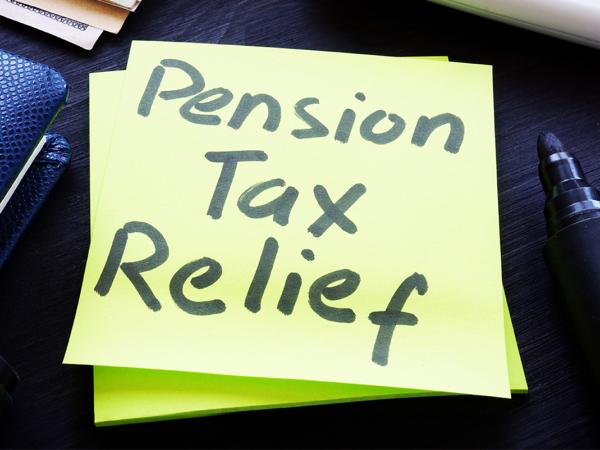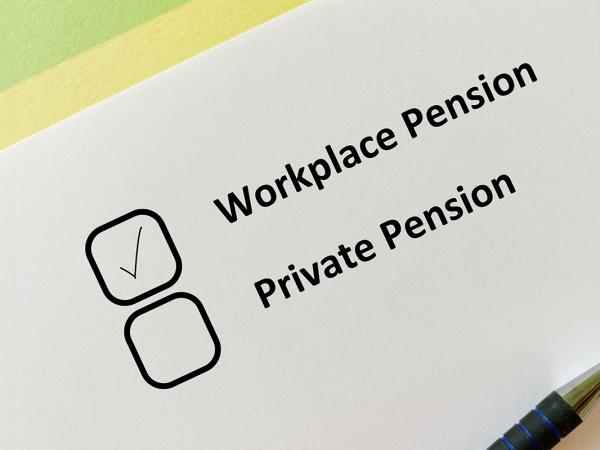Paying into pensions
On this page we look at the different types of pension scheme that you might pay into over the course of your working life.

Content on this page:
Paying into a pension
Pensions are a type of investment plan allowing you to save up for later in life.
Providing your pension scheme provider agrees, there is no limit on the amount you can put into your pension. However, the tax relief you can get may be limited. We explain about these limits on our pages Tax relief on pension contributions and Pension contributions tax relief: limits.
You can save into more than one pension scheme at the same time, for example in two different personal pension schemes; or if you are self-employed and also employed you can save in both a personal pension and workplace pension.
Once your money has been saved into a pension, there are strict rules on how much you can take out and when you can take it. Heavy penalties can apply if you break these rules.
Pensions for employees and workers
Employers are obliged to have a minimum level pension scheme in place for all workers aged 22 and over, who earn more than a certain amount, under the auto-enrolment rules.
‘Worker’ is an employment law term rather than a tax term and goes wider than just employees.
Workers are generally employees for tax purposes, but sometimes you can be self-employed for tax purposes but still be classed as a worker for employment law purposes. You can read more about the different statuses on the page Employed, self employed, both or neither?, with further information on worker status on our employment rights page.
The Pensions Regulator also have some quite detailed guidance on how to identify workers.
Therefore, in some circumstances you could be a worker for employment law purposes, which includes auto-enrolment, but be self-employed for tax purposes. This will generally apply to dependent self-employed people – for example people in the construction industry and those in the gig economy. However, engagers may not understand this or forget to check the requirements. We give some information on what to do if you think you should qualify for auto-enrolment pension contributions but your employer or engager has not enrolled you in a scheme – see our Pensions auto-enrolment: resolving problems page.
Pensions for the self-employed
There is no auto-enrolment requirement for self-employed people who are not 'workers’ – so if this is you then you will need to consider how you might save for your retirement. You may well choose to make provision for yourself by saving into a pension – perhaps into a personal or stakeholder pension, as discussed below.
Note: although there is currently no way of self-employed people (who are not ‘workers’) being automatically enrolled into a pension, some of the low-cost pension schemes that are used by employers for their employees are also open to the self-employed. This includes NEST, the pension scheme initiated by government when auto-enrolment was introduced.
Main types of pension scheme
- Workplace pensions
-
Workplace pensions are set up by an employer for the benefit of its employees. You can read more about these on our page Workplace pensions.
- Stakeholder and personal pensions
-
A personal pension plan is another way of saving regularly for your retirement. You can read more about these on our page Personal pensions.
- Retirement annuity schemes
-
If you took out a personal pension policy before 1 July 1988, this would have been called a retirement annuity policy. You can read more about these on our page Personal pensions.
- State pension
-
The government pays the state pension as a regular payment to eligible people who have reached state pension age. You can work out when you will reach state pension age by using the calculator on GOV.UK.
Entitlement for the state pension depends on you having enough ‘qualifying years’ for National Insurance purposes over the course of your working life (or working-aged life). You can read more about this on our page: National insurance and the state pension.
Further information
We cannot advise which type of scheme might be best for you, nor whether you should pay into a particular pension. Such advice can only be given by a suitably qualified financial adviser. Information on choosing a financial adviser can be found on the government’s MoneyHelper website.
There is also further information about pensions and paying into them on the MoneyHelper website.



